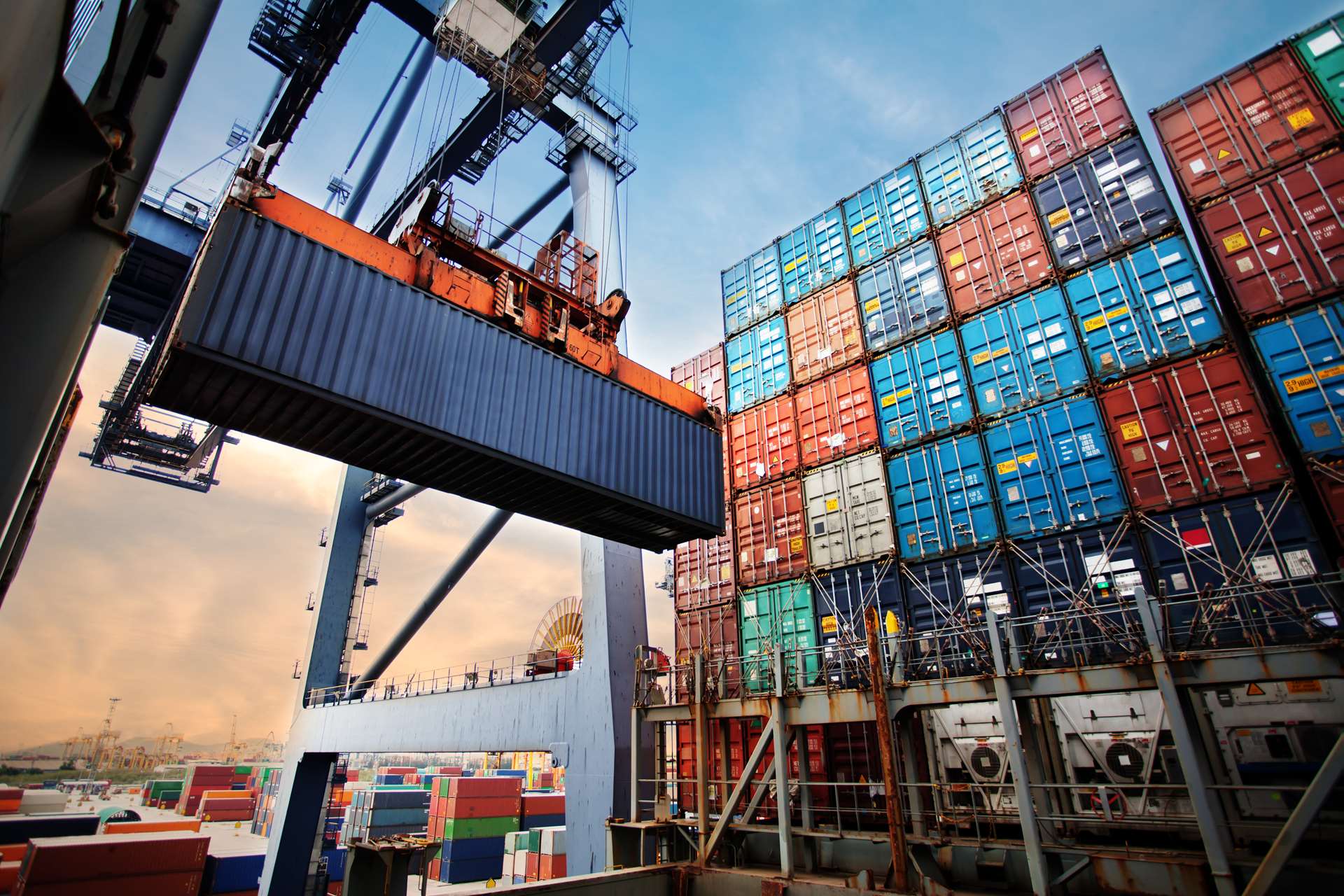While it might seem that we are in the same position as last year; the reality is that the UK is now a non-EU country; as noted by the Tanáiste in the Dáil on May 07th. Brexit has not gone away and significant gaps remain between the two sides on fundamental issues, including in particular the Level Playing Field and Fisheries. This poses a threat to the conclusion of a Trade Agreement this year.
In advance of the 3rd negotiating round; we look at how things stand currently, what the next steps will include and the key questions that Importers and Exporters are asking.
EU-UK Future Relationship Negotiations
The second round of EU-UK meetings took place via teleconference from the 20th to 24th of April. This meeting highlighted some serious issues, similar to those from last year. Michel Barnier appeared less than impressed with the results accusing the UK of stalling negotiations and suggested the UK were refusing to seriously engage on a number of issues.
An extract from Michel Barnier’s statement is available below including key points on the upcoming deadlines and the Northern Ireland Withdrawal Agreement. The Third Round of negotiations will take place this week.
Key points:
- As the UK has ruled out requesting an extension two deadlines loom:
- 30 June 2020: the last date by which an extension can be agreed.
- 31 December 2020: the date the ‘economic Brexit’ begins following the “political Brexit” that took place at the beginning of this year.
- We have taken a very real joint commitment to make operational, by 31st December 2020, the provisional of the Withdrawal Agreement regarding Northern Ireland.
- There needs to be real progress before June on all areas if we are to reach an agreement.
See attached link for Full Statement.
Transition Period – will there be an extension?
There has been ongoing discussions and speculation regarding whether the UK will request (or accept) an extension to the Transition Period, with most economic commentators saying this is essential for business. The UK Government are standing firm on their position of no extension, even if requested by the EU. Michael Gove has now suggested that the UK might consider a “bare bones Trade Agreement”, involving some tariffs, which would minimise the areas of conflict - but there will not be an extension.
Michael Gove’s position to the House of Commons, as reported by the Financial Times is that;
- The impact caused by the COVID-19 outbreak would not cause the government to seek an extension to the transition period. He expressed that the experience from years of Brexit talks showed that “whenever a deadline is extended, the light at the end of the tunnel was replaced by more tunnel”.
- An extension to the transition period would require Britain to make a financial contribution to the EU budget that could otherwise be spent on the NHS. Further he noted that the UK would have to apply any new European laws, for which the UK would have no say.
For further information see below article.
https://www.ft.com/content/87d4260b-cbff-4d3a-a22f-e29fc2411b19
https://www.ft.com/content/87d4260b-cbff-4d3a-a22f-e29fc2411b19
Northern Ireland Protocol
.jpg.aspx?width=200&height=133) The Withdrawal Agreement provides that NI will remain in the UK Customs Territory but will continue to apply the EU Customs regulations. This would require checks on imports to NI from GB. A new dispute arose last week after the EU requested an office in NI to monitor the implementation of the NI Protocol which was firmly rejected by the UK Government.
The Withdrawal Agreement provides that NI will remain in the UK Customs Territory but will continue to apply the EU Customs regulations. This would require checks on imports to NI from GB. A new dispute arose last week after the EU requested an office in NI to monitor the implementation of the NI Protocol which was firmly rejected by the UK Government.Click here to read the UK's letter in response to the EU requesting an office in NI. The UK Government rejection was in advance of the meeting of the Specialised Committee on the Ireland/Northern Ireland Protocol which, took place on 30th April.
Current issues in relation to the NI Protocol revolve around;
- The preparations for the implementation of the Ireland/Northern Ireland Protocol.
- The UK’s plans for the introduction of customs procedures for goods entering Northern Ireland from the rest of the UK, as well as for the necessary sanitary and phytosanitary controls, and other regulatory checks.
- The EU request for a permanent office in Belfast.
Lack of availability of Clearance Agents
Recent reports have suggested that there continues to be a serious shortage of Customs Clearance Agents for post Brexit trade. In the UK, the figures report a need for 50,000 agents; while in Ireland we believe there is a shortage of around 3,000 agents.
This is an issue that is going to continue to arise and cause concern as we move towards the end of the year.
If you are facing difficulties with engaging a clearance agent or with identifying one to meet your requirements please feel free to contact us and we can provide further advice on this critical area.
 Business Readiness
Business Readiness
According to Simon Coveney - with less than 7 months to the end of the Transition period, the Government remains committed to ensuring businesses are as ready as they can be and Brexit preparation will necessarily be part of a wider business recovery agenda.
Phil Hogan, the EU Commissioner for Trade, has also advised companies to reactivate contingency plans they developed over recent years or risk a logistical nightmare.
So where does that leave us?
The UK has until 30th June to request or accept an extension to the Transition Period.
All the signals from the UK Government and the EU are that an extension will not be sought. It now appears that the UK would prefer a limited form of Trade Agreement than either accept an extension or a limitation of their sovereignty in the form of the Level Playing Field.
There also remains the difficult topics of Fisheries which remain to be resolved this year.
In addition, the UK has also opened negotiations with the US on a Free Trade Agreement. Entry of US goods to the UK and from there via Northern Ireland to the EU Single Market has always been an EU concern and this is worth watching also for developments.
What should Importers and Exporters do?
Our advice remains the same – continue to prepare for a “worst-case” scenario.
At this point, it appears unlikely that there will be any extension to the Transition Period. The future trading arrangement in sight appears to be, at best, a form of Trade Agreement (involving customs declarations and other SPS checks) and at worst, no Trade Agreement (involving declarations, other checks along with Customs duties).
As the Tanáiste has advised the Dáil;
“Even the best possible FTA will impact supply chain and trade flows and result in checks and controls in both directions… make no mistake change is coming and we need to be ready for it…”
At BDO, we recommend that you continue to take all steps to:
- Ensure you have the procedures put in place to Import and Export goods post Brexit,
- Have all documents and authorisations in place, and
- Have access to clearance either in-house or through a 3rd Party.
If you have any queries related to the above, please contact us by email at brexit@bdo.ie